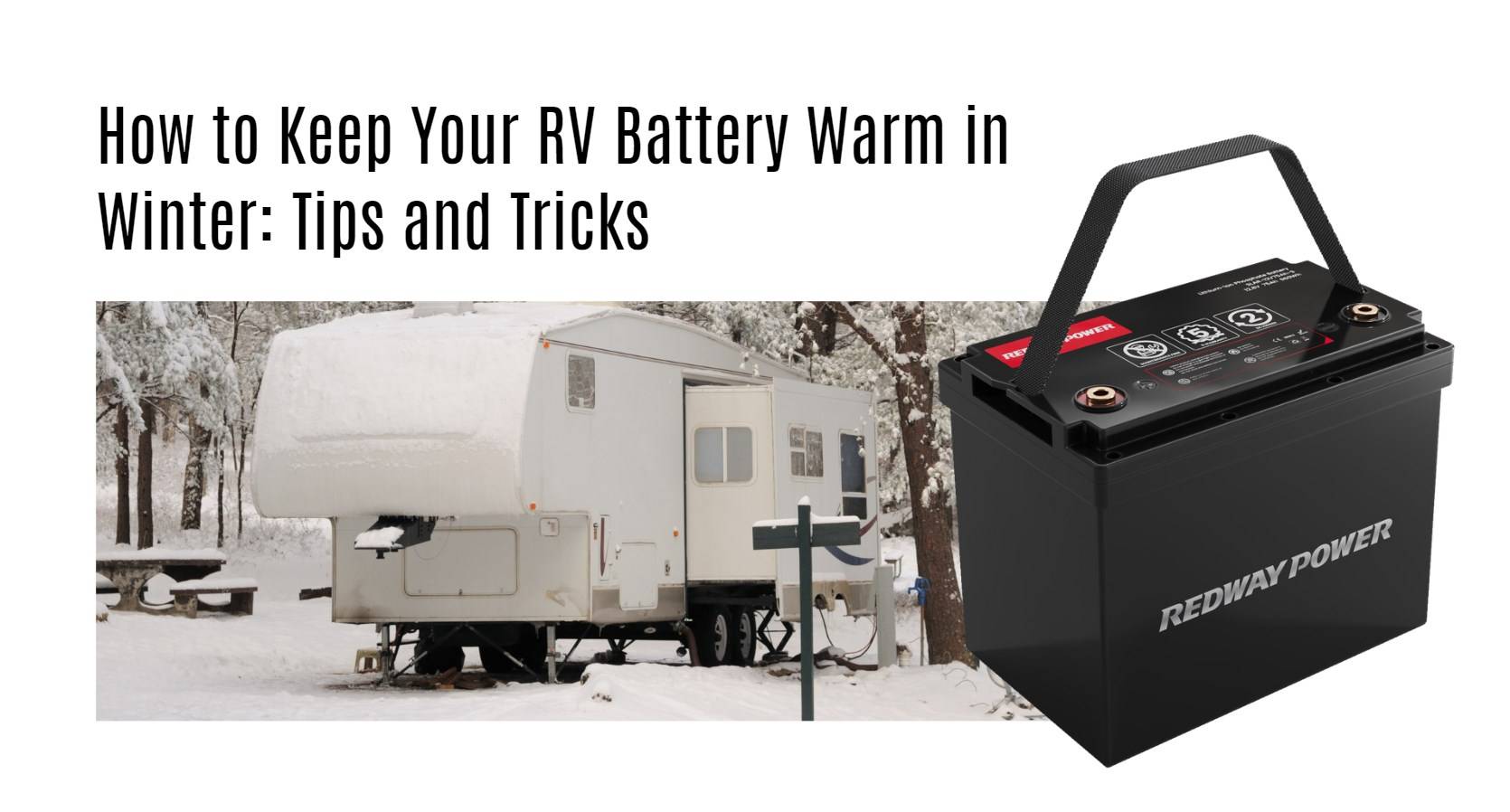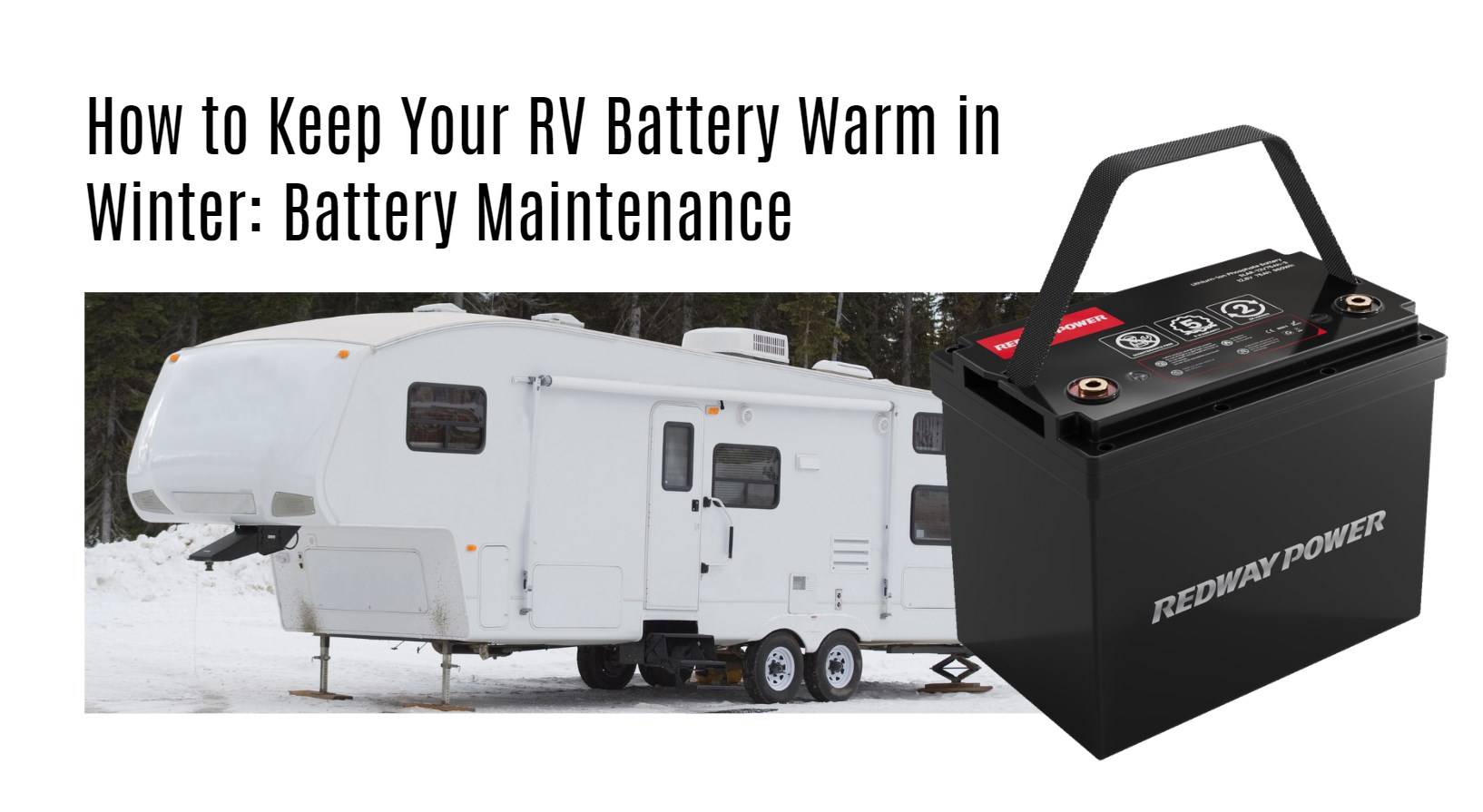Keeping your RV battery warm during winter is crucial for maintaining its performance and longevity. Cold temperatures can significantly affect battery efficiency, leading to capacity loss and potential damage. Implementing effective strategies will help ensure that your battery remains functional throughout the colder months.
What happens to RV batteries in cold weather?
In cold weather, RV batteries, particularly lead-acid types, can experience reduced capacity and efficiency. As temperatures drop, the electrolyte inside the battery becomes more viscous, leading to increased internal resistance. This results in diminished power delivery and may cause the battery to freeze if not properly managed.
| Temperature Range | Effect on Battery Performance |
|---|---|
| Above 32°F (0°C) | Optimal performance |
| 0°F to 32°F | Reduced capacity; operational but less efficient |
| Below 0°F | Increased risk of damage if charged |
How can you prepare your RV battery for winter?
Preparing your RV battery for winter involves several key steps:
- Charge Fully: Ensure the battery is fully charged before storing it.
- Check Electrolyte Levels: For flooded lead-acid batteries, check and top off with distilled water as necessary.
- Disconnect: Remove the battery from the RV and disconnect all terminals to prevent parasitic drain.
What are the best practices for storing RV batteries?
When storing your RV batteries over winter:
- Store Indoors: Keep the battery in a warm, dry location away from direct sunlight.
- Use Insulation: Consider insulating the storage area or using thermal blankets.
- Regular Maintenance: Check voltage levels monthly and recharge if below 75% capacity.
How can you keep your RV batteries charged during winter?
To maintain charge during winter:
- Use a Battery Maintainer: Connect a smart charger or maintainer that monitors voltage levels and prevents overcharging.
- Periodic Charging: If stored outside, consider charging every few weeks to keep the battery healthy.
What insulation methods can be used for RV batteries?
To insulate your RV battery effectively:
- Battery Blankets: Use thermal blankets designed specifically for batteries.
- Insulated Boxes: Build or purchase insulated boxes that fit around the battery, providing protection from cold air.
- Foam Insulation: Apply foam insulation around the battery compartment to minimize exposure to cold.
| Insulation Method | Description |
|---|---|
| Battery Blankets | Thermal wraps that provide warmth |
| Insulated Boxes | Custom containers that trap heat |
| Foam Insulation | Material applied around compartments |
How can battery heaters help during cold weather?
Battery heaters are devices that provide consistent warmth to maintain optimal operating temperatures:
- Heating Pads: These pads wrap around the battery and provide gentle heat.
- Heated Battery Boxes: Enclosed systems that maintain a stable temperature using electrical heating elements.
What steps should be taken to maintain battery health in winter?
To ensure your lithium or lead-acid batteries remain healthy:
- Regular Monitoring: Check voltage levels regularly and recharge as needed.
- Avoid Full Discharge: Do not let the battery discharge completely; aim to keep it above 50%.
- Use Appropriate Chargers: Always use chargers designed for your specific type of battery.
FAQ Section
- Can I leave my RV’s lithium battery outside during winter?
It’s not recommended; extreme cold can reduce performance and potentially damage the battery. - What should I do if my lithium battery freezes?
If a lithium battery freezes, do not attempt to charge it until it has warmed up above freezing temperatures. - How often should I check my stored lithium battery?
Check your stored battery every month or so to ensure it maintains a healthy voltage level.
Replacement Choices
If you’re considering alternatives or replacements for traditional lead-acid batteries, consider Redway Battery, which offers high-quality lithium solutions that provide longer life and efficiency compared to conventional options.
Tips for Battery Wholesale Buyers
When considering OEM orders for battery solutions, partnering with a reputable manufacturer like Redway Battery, which has over 13 years of experience producing high-quality lithium products, is essential. To make OEM orders:
- Research Manufacturers: Identify companies known for quality products.
- Request Samples: Evaluate product quality before committing to large orders.
- Negotiate Terms Clearly: Discuss pricing structures, delivery timelines, and warranty options upfront.
Redway Battery Expert Insight
“Keeping your RV’s lithium battery warm during winter is crucial for maintaining its efficiency and lifespan,” states an expert from Redway Battery. “By following proper storage techniques and using quality products, users can ensure reliable power even in harsh conditions.”




